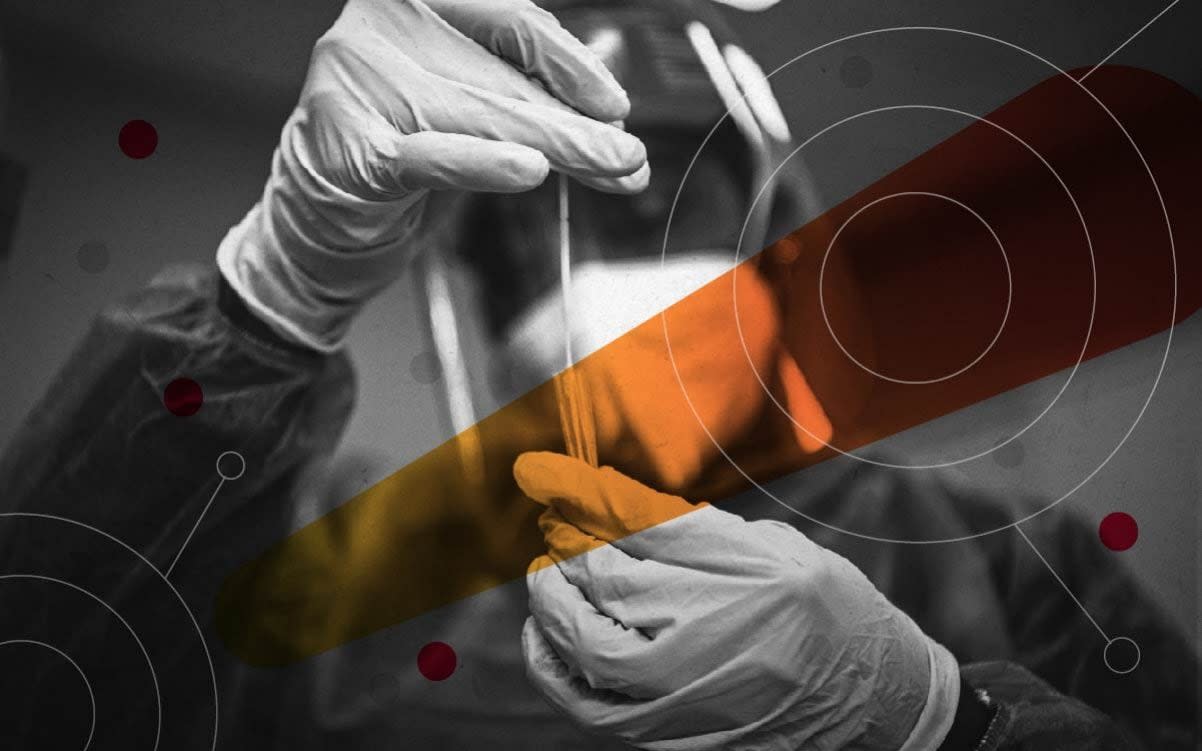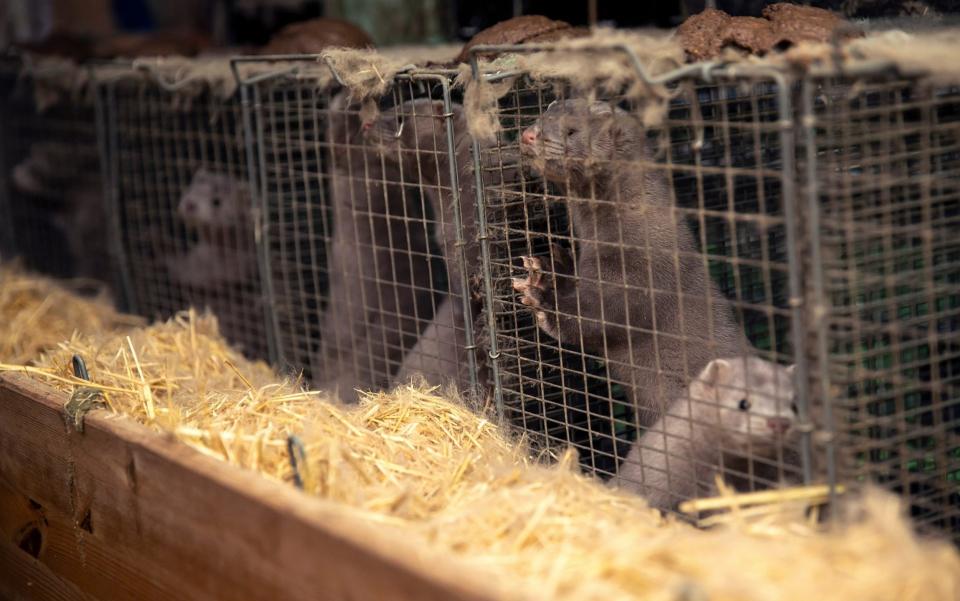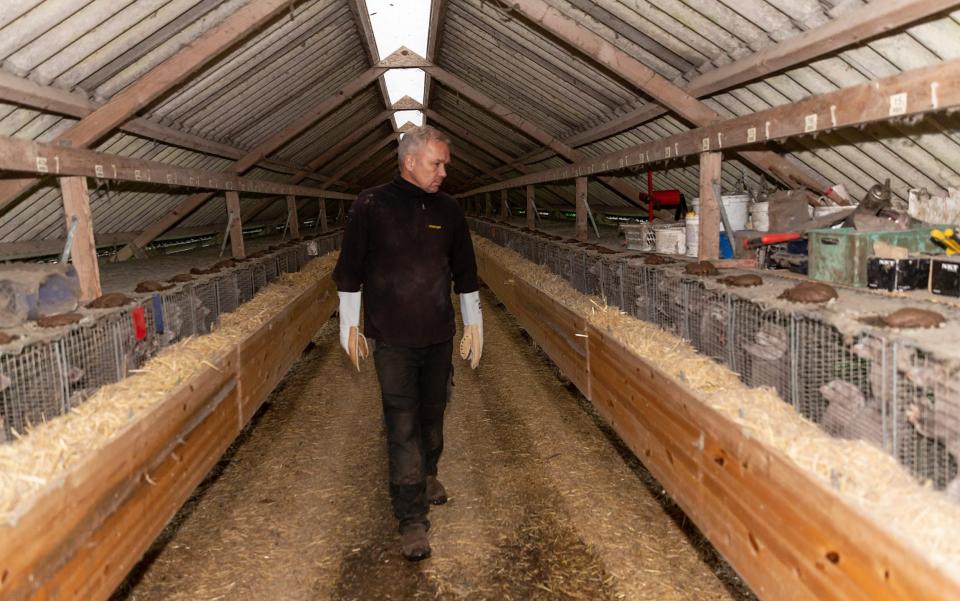A public health nightmare: Mutated coronavirus strain could hit vaccine hopes

It was the news virologists had been dreading. Ever since the Chinese authorities released the full genetic code of SARS-CoV-2 in January, scientists have closely monitored any hint that the virus was mutating.
This is because a genetically stable virus presents a stationary target at which the hundreds of teams feverishly developing a Covid-19 vaccine can take aim. It also confers immunity from reinfection on those who have fallen ill with the disease, albeit probably not permanently.
For month after month, coronavirus rampaged around the world, killing more than one million people and paralysing economies.
Yet, in this one respect at least, all seemed well. Variations were discovered, but overall the genetic code of the virus remained largely consistent, strengthening hopes that a vaccine or vaccines could, if not eradicate the disease, suppress it to an extent that would allow a substantial return to normal life.
The news from Denmark threatens to change all that.
Among the mink farms of the North Jutland and Zealand regions, the virus has been rampant, spreading from humans to the furry farmed animals and then back to their keepers and into the surrounding populations.

Experts have now discovered that, as the virus hopped from one species to another and back, it significantly mutated. So far, they have identified five clusters of variations to its genetic code. Crucially, some of these affect the all-important spike protein. This is the essential protein that viruses use to penetrate cells.
However, it is also the protein against which humans develop antibodies – either through vaccination or from prior infection – to fight off infection.
Danish scientists have known about the mutations for some months, but it is only this week that results from laboratory analysis revealed their sinister potential. They indicate that antibodies are less protective against these new strains of Sars-CoV-2.
The crisis was expressed in stark terms by Denmark's foreign minister, Jeppe Kofod, at an emergency press conference on Friday afternoon.
"We have indications that this unique mutation has reduced response to antibodies, which can ultimately affect the efficiency of potential vaccines," he said. "I cannot underline enough how seriously the Danish government takes the situation."

Scientists do not believe the new strains of the virus are any more dangerous or contagious. But the prospect of the significant spread of a strain which the vaccines currently under development are powerless to suppress, presents a public health nightmare.
Even at the hugely expedited pace of research and manufacture, it would take many months to design, test and develop a supplementary vaccine to deal with the new strain, assuming it was safe and effective to do so.
The news from Denmark broke as a study by Glasgow University identified another strain, named N439K, which may also be capable of avoiding antibodies. It was first discovered in Scotland in March, when it infected 500 people, later emerged in Romania and has now been observed in 12 countries including Norway, Germany and the United States.
In a desperate bid to contain the Danish outbreaks, all 17 million mink in the country are being culled. Meanwhile, people entering Britain from the country must now quarantine for two weeks.
More than 200 people have since tested positive for one of the variants in Denmark, 12 of whom had the so-called "cluster five" variant, which appears not to trigger an immune response.
Overall the mink variants of the disease were detected in 40 per cent of samples of people testing positive in the region of North Jutland.

Statens Serum Institut (SSI), one of the country's largest public health research bodies, has been arguing for months that the government's refusal to order a total cull of minks presented "a major risk to public health".
"We have identified five different variants with mink specific changes in the viruses, and one of these variants, that we call cluster five, has four different changes in the spike protein of the virus," explained the institute's Tyra Grove Krause.
"The spike protein is quite important because this is the protein that is used for entering the cells, and many of the vaccines currently under development are directed towards the spike protein.
"This week, we got the lab results from some experiments where this virus has been grown in cells. We had added antibodies from patients that have previously recovered from Covid-19 infections, and what we could see was that this variant showed less sensitivity to these neutralising antibodies from recovered patients.
"This is a concern because this may mean that, in the future, some of the Covid-19 spike directed vaccines may be less effective against these variants of the virus."
She said the SSI had received the results of the test on Monday, made a risk assessment with the Danish Health Authority on Tuesday, and on Wednesday shared the assessment with the European Centre for Disease Control early warning system.

